Web 3.0, also known as the Semantic Web, is a concept that refers to the next generation of the World Wide Web, in which the internet becomes more intelligent and able to understand the meaning of the data it contains. It is based on the idea of using metadata and semantic technologies to create a more interconnected and intelligent web, where machines are able to understand and interpret the context and meaning of the information they encounter.In Simple Language, Web 3.0, also known as the "Semantic Web," is a vision for the future of the internet in which machines are able to understand and process the meaning of the data on the web, rather than just the raw data itself. This would allow for more intelligent search and information retrieval, as well as the ability for machines to interoperate and communicate with each other more effectively.
In terms of digital marketing, Web 3.0 technologies could potentially be used to better understand and target customer segments, as well as to personalize marketing messages and optimize the customer experience. For example, a company could use semantic technologies to analyze the language and context of customer reviews and feedback and use this information to improve its products and services.
In terms of digital marketing, Web 3.0 could potentially have a number of benefits. For example:
Improved targeting:
By understanding the meaning of the data it contains, the Semantic Web could help marketers to better target their advertising and marketing efforts to specific audiences and demographics.
Enhanced personalization:
Web 3.0 could enable marketers to deliver more personalized and relevant marketing messages to consumers, based on the context and meaning of the data they have collected about them.
Better insights:
The Semantic Web could help marketers to more easily analyze and interpret large amounts of data, providing them with valuable insights into consumer behavior and preferences.
Increased automation:
Web 3.0 could also facilitate the automation of certain marketing tasks, such as targeting and personalization, freeing up marketers to focus on more strategic and creative endeavors.
Overall, Web 3.0 has the potential to revolutionize the way digital marketing is conducted, by enabling marketers to better understand and reach their target audiences, and to deliver more personalized and relevant marketing messages. But Web 3.0 technologies are still in the early stages of development, and it is not yet clear how they will be adopted and used in the digital marketing industry. However, as these technologies continue to evolve and mature, they may offer new opportunities for companies to better understand and engage with their customers.
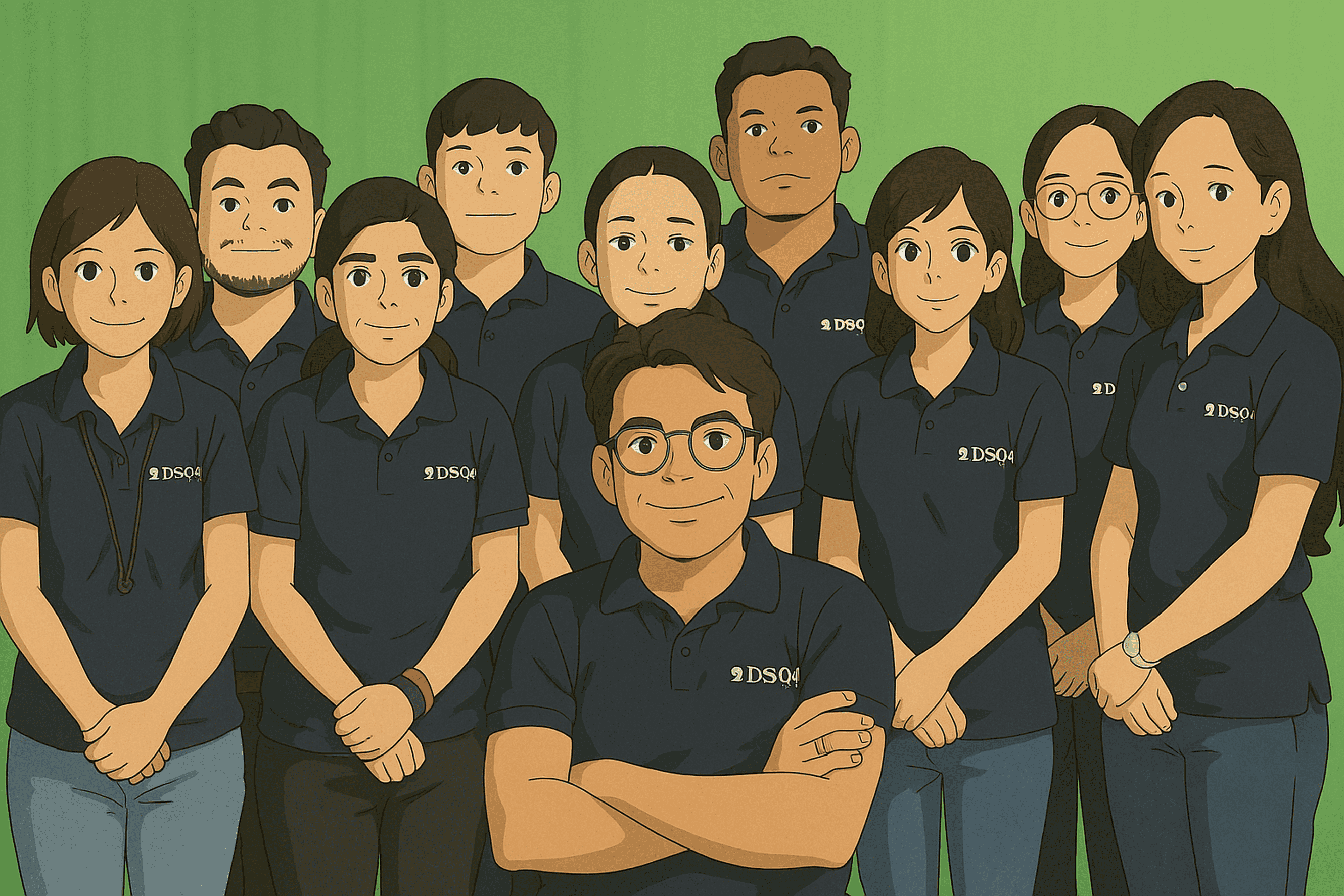 How to Turn Your Photos into Ghibli-Style Art with ChatGPT for Free
How to Turn Your Photos into Ghibli-Style Art with ChatGPT for Free Top 10 AI Tools for Plagiarism-Free Content Writing: Boost Your SEO & Digital Marketing Efforts
Top 10 AI Tools for Plagiarism-Free Content Writing: Boost Your SEO & Digital Marketing Efforts The Rise of Graphic Designing in 2025: A Career Guide.
The Rise of Graphic Designing in 2025: A Career Guide. The Rise of Video Editing: A Crucial Skill in 2025
The Rise of Video Editing: A Crucial Skill in 2025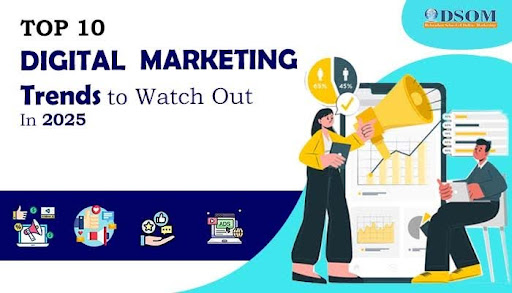 Top 10 Digital Marketing trends in 2025
Top 10 Digital Marketing trends in 2025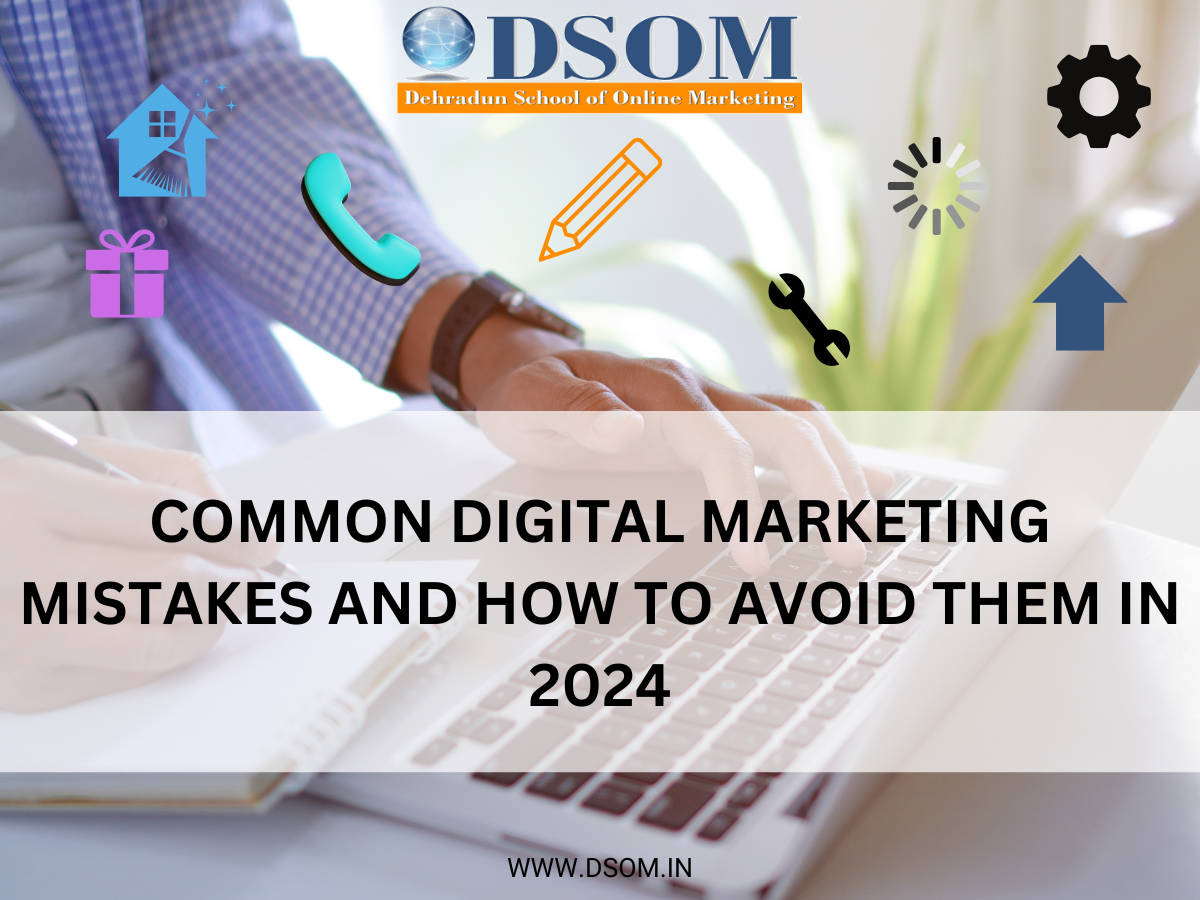 Common Mistakes in Digital Marketing and How to Avoid Them 2025
Common Mistakes in Digital Marketing and How to Avoid Them 2025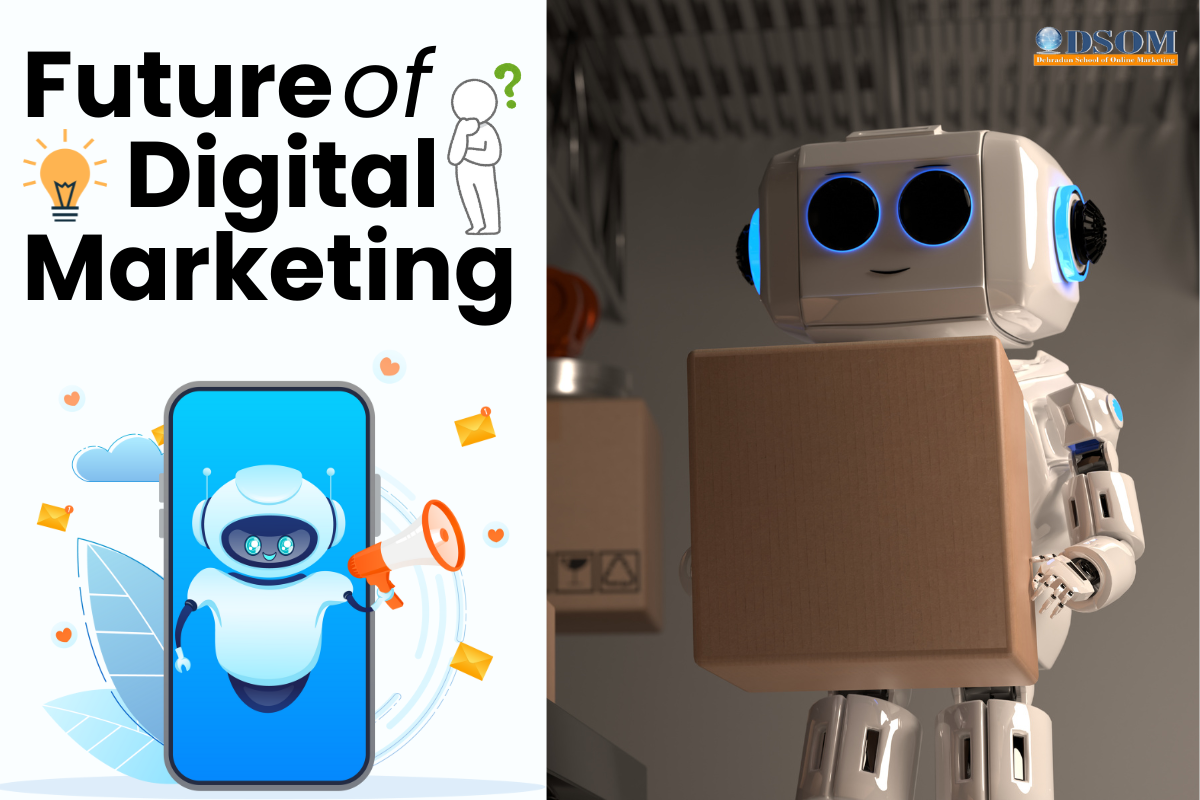 The Future of Digital Advertising: What You Need to Know
The Future of Digital Advertising: What You Need to Know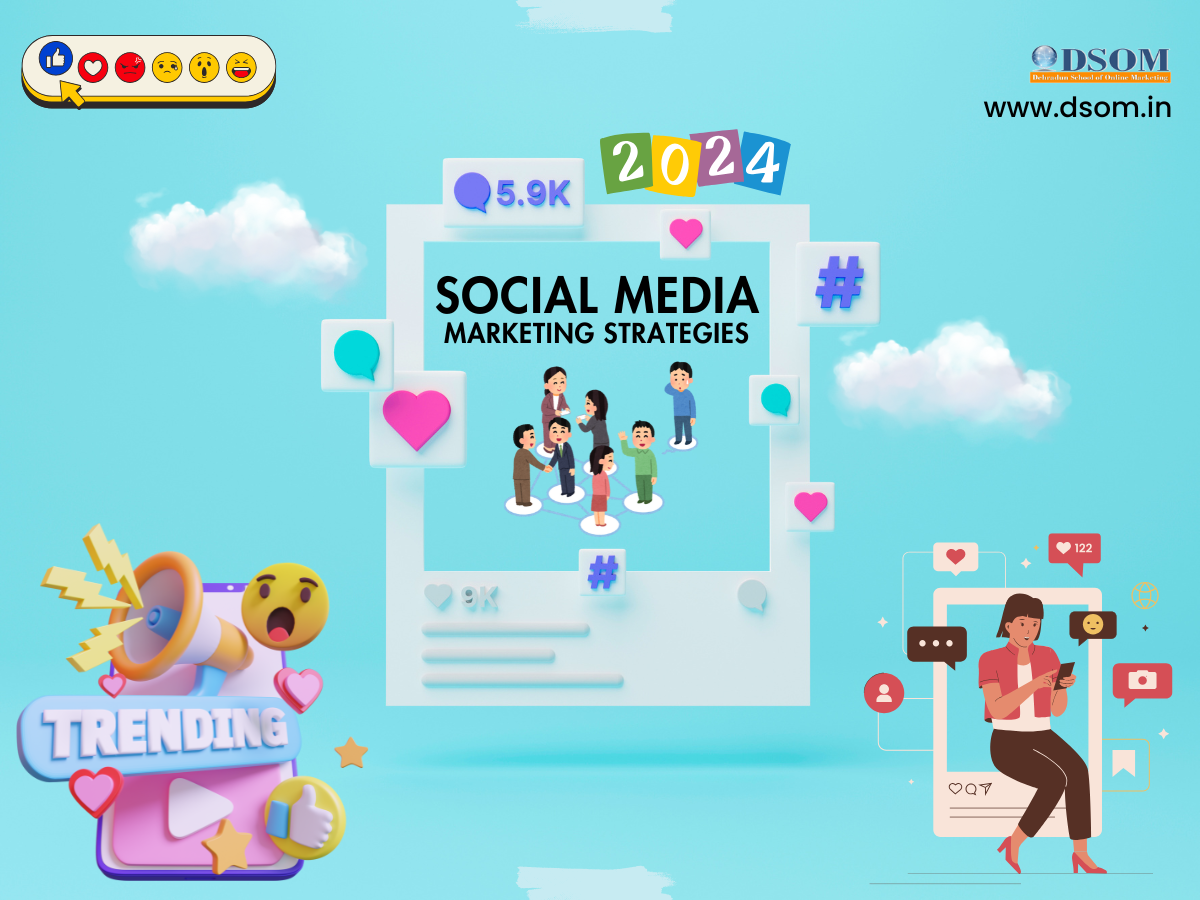 Social Media Marketing in 2024: Strategies for Maximum Engagement
Social Media Marketing in 2024: Strategies for Maximum Engagement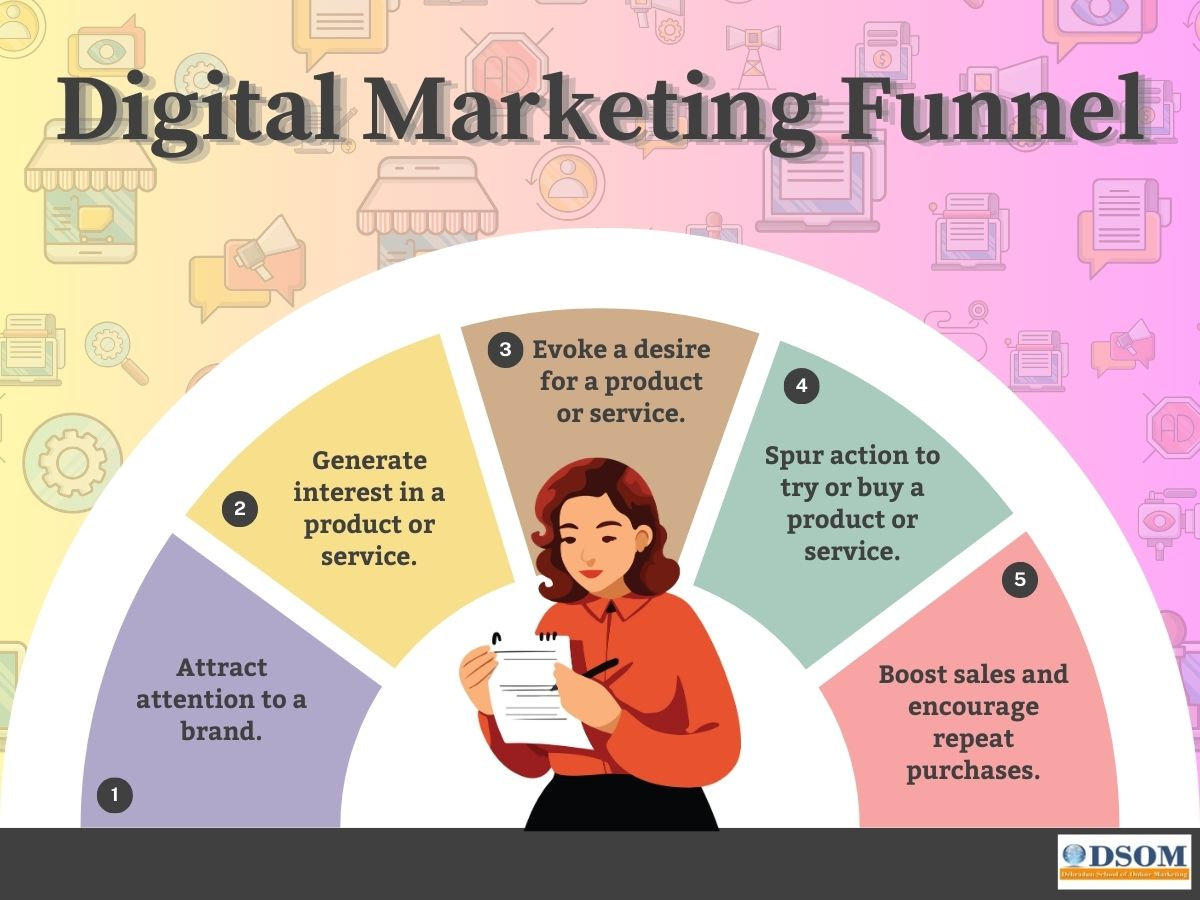 Building a Successful Digital Marketing Funnel: A Step-by-Step Guide
Building a Successful Digital Marketing Funnel: A Step-by-Step Guide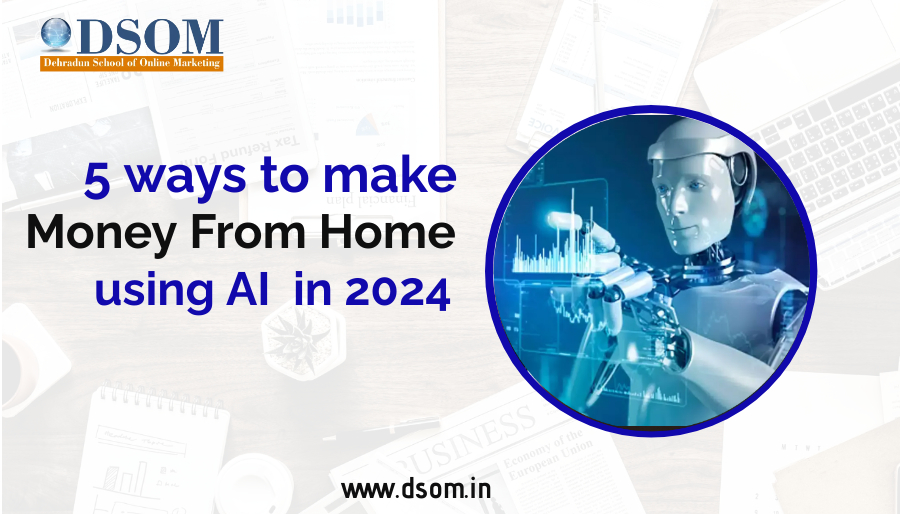 5 ways to make money from home using AI (Artificial-Intelligence) in 2024
5 ways to make money from home using AI (Artificial-Intelligence) in 2024